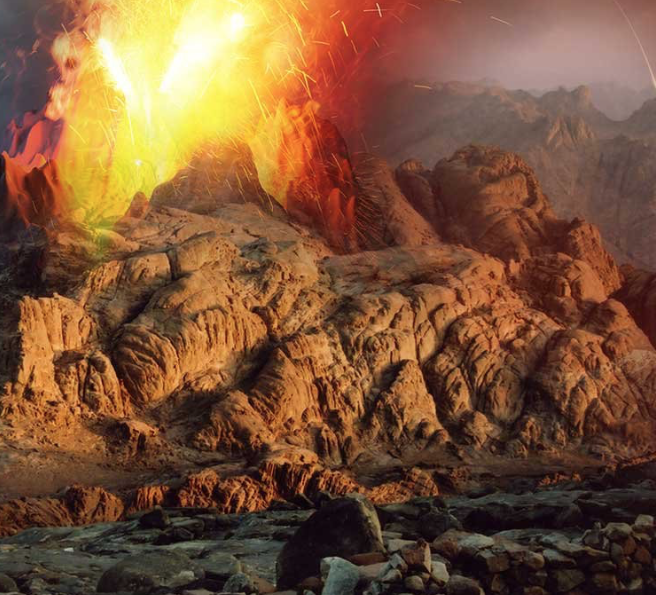Jerusalem, the Eternal City, one which fires the imagination of billions across the globe. A place where celestial meets terrestrial. A heavenly city. It was precisely that supernal quality that so irked early Zionist ideologues, themselves firmly planted in the muddy soils of 19th Century European nationalisms. The fact that the city seemed to move to a rhythm completely out of sync with any of the then fashionable –isms was a constant annoyance for Zionist notables such as Vladimir Jabotinsky, Ahad Ha-Am and Theodor Herzl. That a place could have such a sense of higher purpose was too much to bear.
Compare the daily ebb and flow of Jerusalem’s religious life, prayer and all-day study of sacred texts, with the sentiments of Joseph Trumpeldor, a friend of Jabotinsky and one of the first Zionist “martyrs”.
“Iron, from which everything that the national machine requires should be made. Does it require a wheel? Here I am. A nail, a screw, a girder? Here I am. Police? Doctors? Actors? Water carriers? Here I am. I have no features, no feelings, no psychology, no name of my own. I am a servant of Zion, prepared for everything, bound to nothing, having one imperative: Build! (Schechtman, 410)”
The passage could have just as easily been written by George Orwell in one of his dystopian novels than by a starry-eyed turn-of-the-20th-Century nationalist. Besides the fact that these words boded ill for the arts (remember Soviet era propaganda theatre?), something much deeper is going on here. Zionism is an exercise in profaning the holy, in binding up and pulling down the ethereal. The spiritual is, figuratively speaking, hog-tied and placed in a closet where it’s meant to forget where it came from.
This is Zionism.
And the Zionist holiday “Yom Yerushalayim (Jerusalem Day)”, which was celebrated last week, is the epitome of the of the above-mentioned process. For “Israel” to declare such a holiday is the height of irony. A movement bent on removing the normative spiritual character of the Jewish people institutes a holiday honoring the city most intimately connected with that spiritual character. Tragicomedy at its finest.
If the world were to recognize Jerusalem as the “united capital of Israel”, it would give enormous credibility to the Zionist cause, as if, in the eyes of many, they somehow continue the Heavenly City’s heavenly mission.
The truth is somewhat less noble.
“Zionism is indeed the negation of Judaism (Leibowitz, 145).”
Boaz Evron, Israeli Intellectual
The co-opting of Judaic symbols, rituals and places is a well-established fact of Zionist advertising. Simply branding themselves as another of the myriad 19th and 20th Century sects vying for a place amongst other more interesting groups would have gotten them nowhere. Utilizing Judaism and Jewish history gave a much-needed status boost for the nascent movement. Now, with them lording over the actual Holy Land, their propaganda machine has become ten-times more powerful. No longer are they, in the public consciousness, miscreants and hooligans. They are the guardians of the Holy City, of Judaism itself (G-D forbid!).
The subtleties might be lost even on them, but the mind-numbing fact remains. Those who hate the Torah are now considered the gatekeepers of the City of Torah.
True Torah Jews would like to leave you with the words of one of “Israel’s” most prestigious historians, former Hebrew University professor Yeshayahu Leibowitz:
“The historical Jewish people was defined neither as a race, nor as a people of this country or that, or of this political system or that, nor as a people that speaks the same language, but as the people of Torah Judaism and of its commandments, as the people of a specific way of life, both on the spiritual and practical plane, a way of life that expresses the acceptance of the yoke of the Kingdom of Heaven, the yoke of the Torah and of its commandments. This consciousness exercised its effect from within the people. It formed its national essence; it maintained itself down through the generations and was able to preserve its identity irrespective of times or circumstances. The words spoken by Saadia Gaon more than one thousand years ago, ‘Our nation exists only in the Torah” had not only normative, but also empirical meaning.”
tags:

